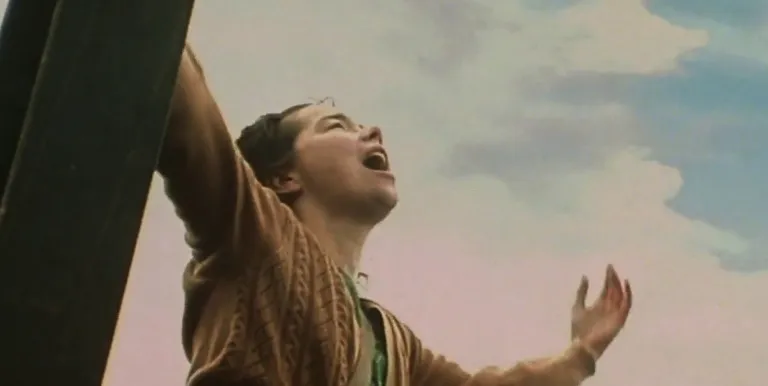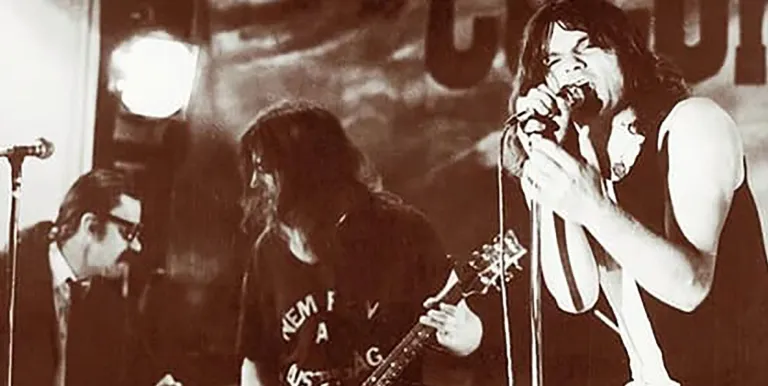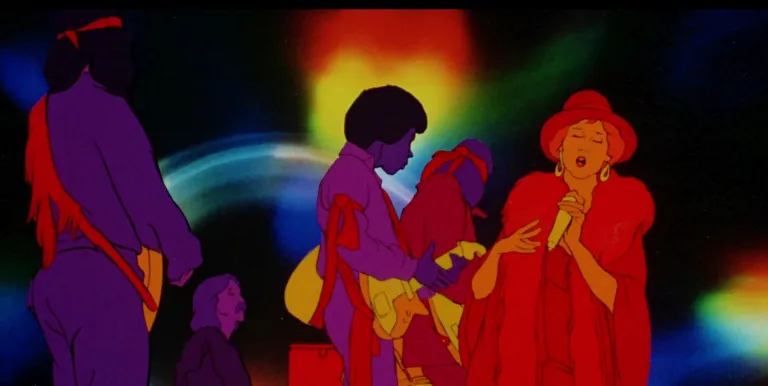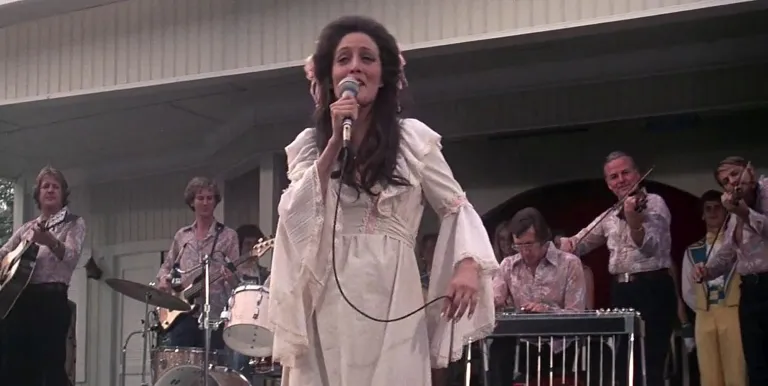Creator:
Featuring:
Guest:
Ivan the Terrible was the first Czar of Russia, beginning his reign in 1547. He is a controversial figure. He is a reformer, the curtailer of the power of the boyars, a transformer of public administration, and the builder of the united Russian Empire. At the same time, he is also a cruel dictator who deals brutally with his political opponents. When Eisenstein made a film about him, the Soviet Union was still at war. At the time of this particular Russian Empire, the current czar is known as Stalin, who makes no objection to Eisenstein's depiction of Ivan the Terrible. He does, however, object to the 1945 sequel, which only made it to the cinema some ten years later, after the death of both Eisenstein and Stalin. Films have their own fate...
The director had a difficult task: the story of Ivan the Terrible is full of money, conspiracy, and betrayal. Not to mention power struggles: the boyars, the church, the aspirants to the throne, the Tatars - and God's chosen people. Which meant that the star, Nikolay Cherkasov, had a much harder role as Ivan the Terrible than when he played Alexander Nevsky, six years earlier. In a totalitarian dictatorship, filmmakers are forever skating on thin ice, particularly when it comes to historical films. And if the powers-at-large do not take a liking to the depiction of the past they have themselves financed, they are capable of taking more than just money from its creators. And though Eisenstein was a professional film-maker, he had to fight hard to bring the character of a paranoid unifying tyrant - not to mention his solitude - to the cinema screen. Prokofiev composed incredibly intelligent music to accompany the film. He made use of almost every possible tool, from folk and church music to a grand, operatic sound, in order to sensitively bring to life the profound layers of a world created with strong light and shadow and brilliant cinematography In this film, nearly every shot is a stand-alone work of art - with its own fascinating story within.
In Russian, with Hungarian subtitles.
The discussions before and after the screening will be conducted in Hungarian.
The artistic directors of the series are Iván Fischer and Csaba Káel.
Presented by: Budapest Festival Orchestra, Müpa Budapest
-
We wish to inform you that in the event that Müpa Budapest's underground garage and outdoor car park are operating at full capacity, it is advisable to plan for increased waiting times when you arrive. In order to avoid this, we recommend that you depart for our events in time, so that you you can find the ideal parking spot quickly and smoothly and arrive for our performance in comfort. The Müpa Budapest underground garage gates will be operated by an automatic number plate recognition system. Parking is free of charge for visitors with tickets to any of our paid performances on that given day. The detailed parking policy of Müpa Budapest is available here.








